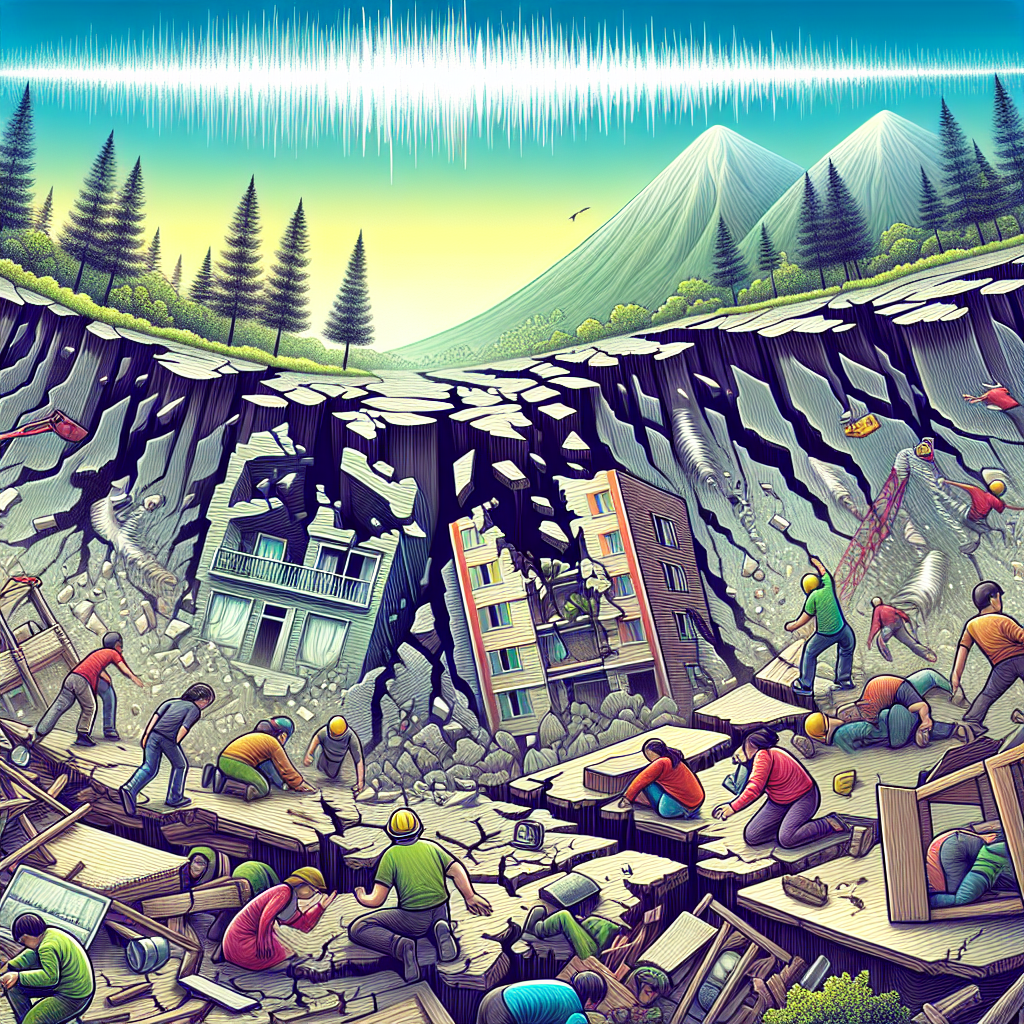Post-Quake Struggles: Morocco's Slow Reconstruction Efforts
A year after Morocco's devastating earthquake in the High Atlas mountains, only 1,000 homes have been rebuilt out of 55,000. Thousands continue to live in tents under severe weather conditions. The earthquake, which struck on September 8, 2023, killed over 2,900 people and caused significant economic damage. Reconstruction efforts have been criticized for their slow pace.

One year after Morocco's catastrophic earthquake struck the High Atlas mountains, only about 1,000 homes out of a planned 55,000 have been reconstructed, government figures reveal. As reconstruction lags, thousands remain in temporary shelters, enduring both scorching summers and frigid winters.
The 6.8 magnitude earthquake, the deadliest in Morocco since 1960, hit on September 8, 2023, claiming more than 2,900 lives and damaging essential infrastructure. Many traditional mud brick, stone, and rough wood homes in the Amazigh-speaking Atlas mountains were wiped out. Recently, residents at the quake's epicenter in Talat N Yacoub protested the sluggish reconstruction, calling for greater transparency in aid distribution and increased investment in local infrastructure and social services.
According to the prime minister's office, 97% of affected households are receiving phased government aid, with 63,800 families receiving monthly stipends of 2500 dirhams ($255). Morocco aims to allocate 120 billion dirhams to a five-year reconstruction plan that includes infrastructure enhancement.
The Policy Center for the New South estimates that the quake's economic impact totals 3 billion dirhams or 0.24% of Morocco's GDP for 2023.
(With inputs from agencies.)










